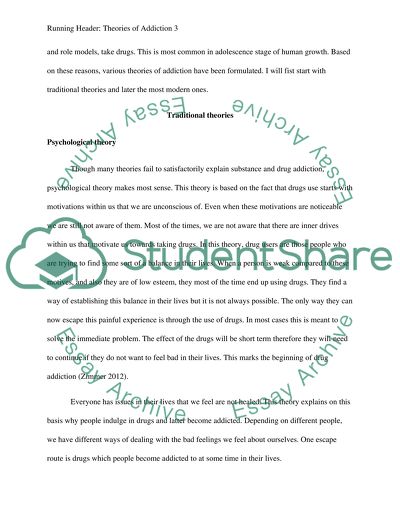Cite this document
(“Compare Theories of Substance Addition Research Paper”, n.d.)
Compare Theories of Substance Addition Research Paper. Retrieved from https://studentshare.org/psychology/1450835-compare-theories-of-substance-addition
Compare Theories of Substance Addition Research Paper. Retrieved from https://studentshare.org/psychology/1450835-compare-theories-of-substance-addition
(Compare Theories of Substance Addition Research Paper)
Compare Theories of Substance Addition Research Paper. https://studentshare.org/psychology/1450835-compare-theories-of-substance-addition.
Compare Theories of Substance Addition Research Paper. https://studentshare.org/psychology/1450835-compare-theories-of-substance-addition.
“Compare Theories of Substance Addition Research Paper”, n.d. https://studentshare.org/psychology/1450835-compare-theories-of-substance-addition.


